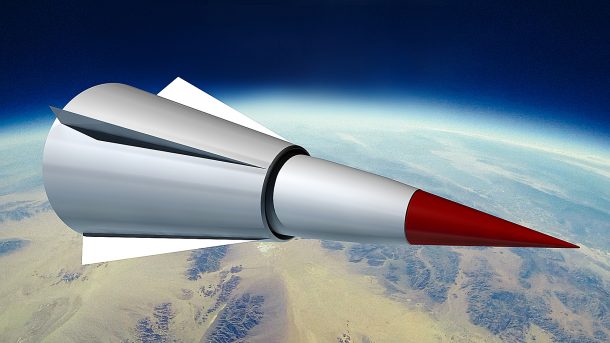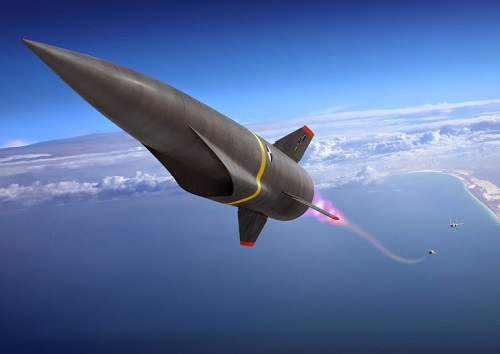In a major muscle-flexing by the Chinese missile programme, a new hypersonic missile system has been successfully tested that hit the intended target thousands of kilometres away. Most of the missiles today aren’t that fast and as a result, the missile defence systems deployed by the major NATO nations have the ability to shoot down any missiles in that speed range by being a little faster than them. However, a hypersonic missile means that the entire billions of infrastructure would suddenly become obsolete since the missile is simply too fast for them to intercept at all, posing a major threat to the national security fabric.

The new missile was launched from a missile site in China from where it made its way into the ocean at an astonishing speed of 11,000 kilometres per hour, making it virtually faster than any anti-missile system available on the planet that the public knows about. Moreover, what made this missile unique is that it isn’t rocket-boosted throughout its journey. It is more of a glider as rockets carry it to the upper end of the atmosphere and then they release it from where it attains this astonishing speed just due to the incredible gravitational force of the planet that annihilates spaceships when they are returning to the planet. But, Chinese have clearly overcome the design constraints and made a rocket that can survive this insane speed and deliver both conventional and non-conventional payloads to the target area.

The American defence officials were able to see and track the progress of the rocket and not able to do anything even if they wanted to. The development came shortly after Russian announced its own glider missile test that confirms the kind of military co-operation being done between the two former Communist countries and poses another threat to the US. The missiles aren’t ready to be deployed as of yet and are expected to be commissioned in the year 2021. The US itself has no plans of making hypersonic missiles, at least on paper and it will be interesting to see the kind of deterrent they come up with here.


